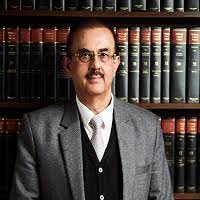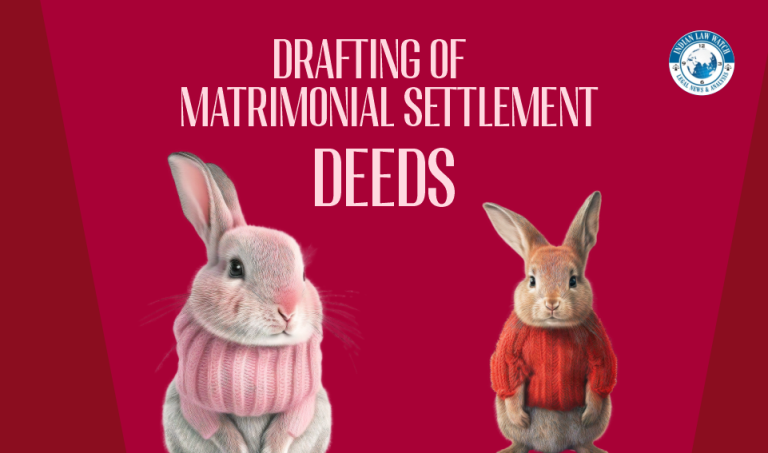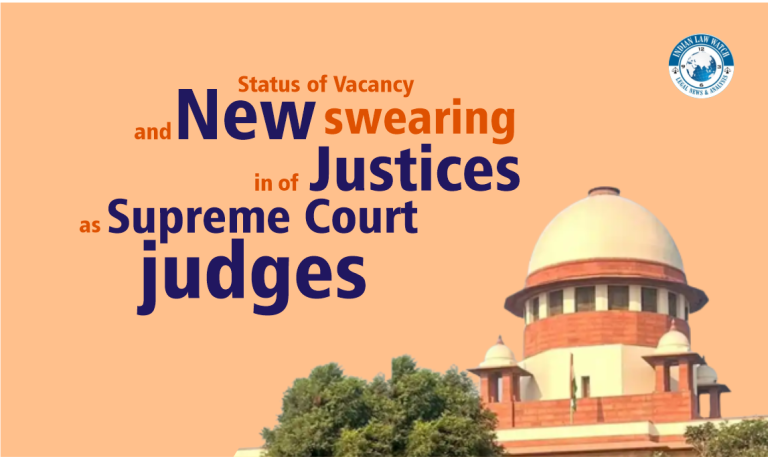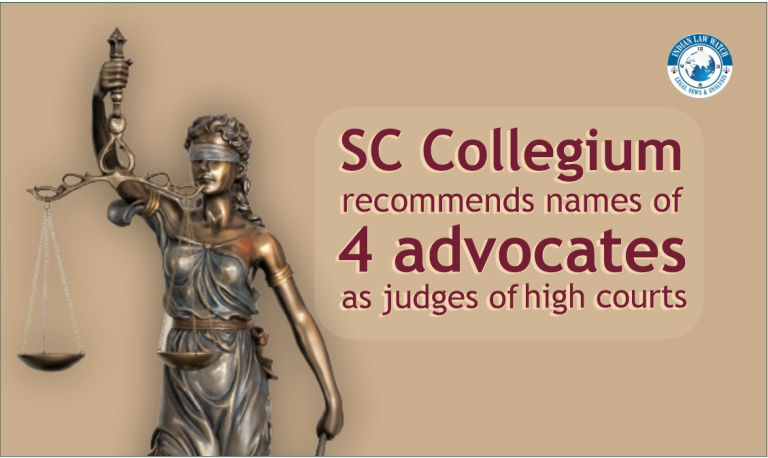Supreme Court Bar Association writes to CJI, wants more Supreme Court advocates appointed as HC judges


The appointment of judges to High Court has new concerns being raised by the Supreme Court Bar Association. The association through its President has written to Chief Justice of India N.V Ramana expressing anguish at the non-consideration of names of its members for elevation as judges in various high courts.
SCBA president Vikas Singh in his letter dated January 6, 2022 addressed to the chief justice and the four senior-most judges that it had constituted a search committee which identified 48 names for consideration for elevation in various high courts. The names were handed over to the the Chief Justice of India several months back. However, none of the names suggested by the committee have been considered by any of the high court collegiums despite having a large number of vacancies in High Courts, it said.

Bar Associations response to SCBA proposal: However, the wave around the proposal has met with opposition earlier. The print media reported on the event in June 16, 2021 in its article ‘Derogatory, humiliating’ — HC lawyer bodies oppose plan to elevate SC lawyers as HC judges- that the Supreme Court Bar Association’s proposal to consider the elevation of SC lawyers as high court judges has resulted in widespread opposition from various lawyers’ associations across the country.
Bar and Bench too reported the Kerala High Court Advocates’ Association (KHCAA) wrote separately to Chief Justice of India (CJI) NV Ramana and the Supreme Court Bar Association(SCBA), expressing its disappointment and disapproval of the recent proposal by the Supreme Court Bar Association (SCBA) to consider Supreme Court lawyers for elevation as High Court judges.
Denial of fair opportunity to SC lawyers: According to the communication, the concerns raised are Supreme Court lawyers are rarely considered for elevation by high court collegiums causing them to lose the opportunity for being considered. There haven’t been many precedents of Supreme Court lawyers being appointed as High Court judges.
There has been an acute shortage of judges across all 25 high courts in the country. As of 1 June, there are 430 vacancies as against a sanctioned strength of 1,080 HC judges.
To bring in more transparency: The letter quoted that the entire exercise was to bring in transparency in the appointment at higher judiciary. A recent incident reported in print media of June 2019, the Orissa High Court bar association had resolved to boycott the court of collegium members. The strike was called off after the high court issued contempt notice to the association.
Plethora of other issues: The body also raised the concerns over the chamber allotment, lunch area, proximity to library, meeting rooms, auditorium and virtual hearings as well .

Article 217 of the Constitution empowers the President to appoint every high court judge, after “consultation” with the Chief Justice of India, the Governor of the State and the chief justice of the high court. However, the Supreme Court has, through what are known as the “judges’ cases”, interpreted the word “consultation” to mean “concurrence”. This provides an upper hand to the judiciary in the process, leading to a procedure where if the collegium reiterates a recommendation, the government is bound by it. Article 217(2) states that among other things, a person may be appointed as a high court judge if he has been a judicial officer for at least 10 years or if he has been a high court lawyer for at least 10 years. And according to the Memorandum of Procedure, a high court collegium sends its recommendation regarding appointment of judges to the central government as well as the Supreme Court collegium. The SC collegium can clear names only after it receives proposals from the government following the candidates’ background checks.
Role of collegium: The Supreme Court and the high court collegiums comprise of the chief justice along with two senior-most judges of the court. Once the top court collegium also approves the names, the files are sent back to the law ministry for their notification.







